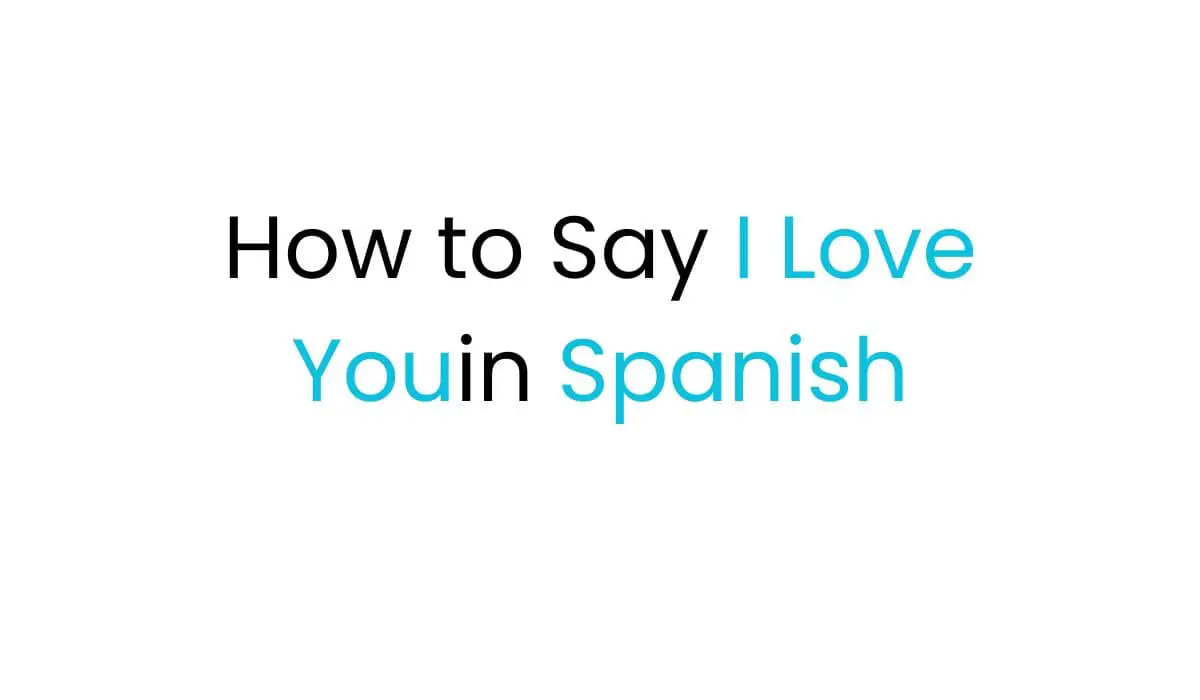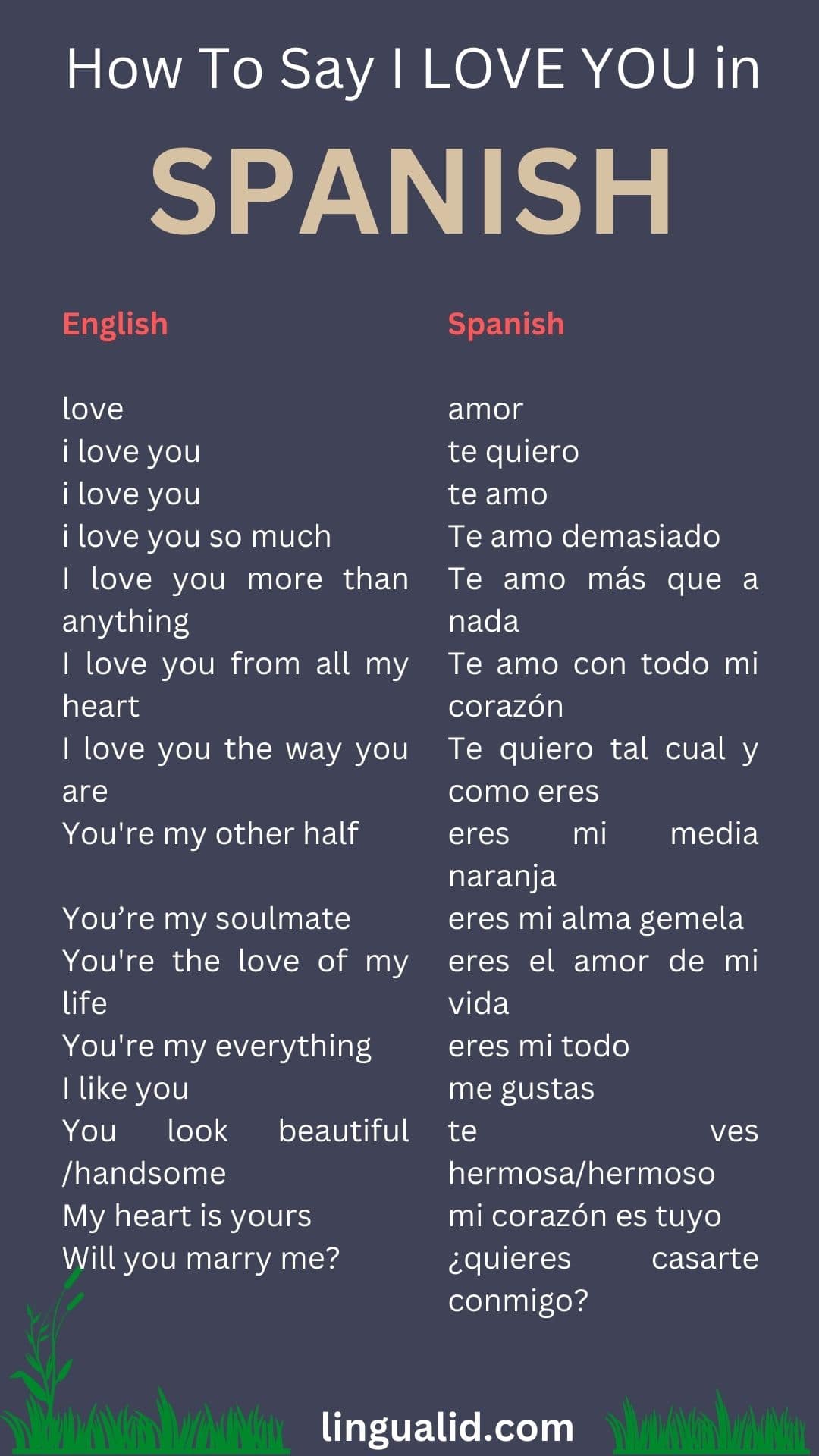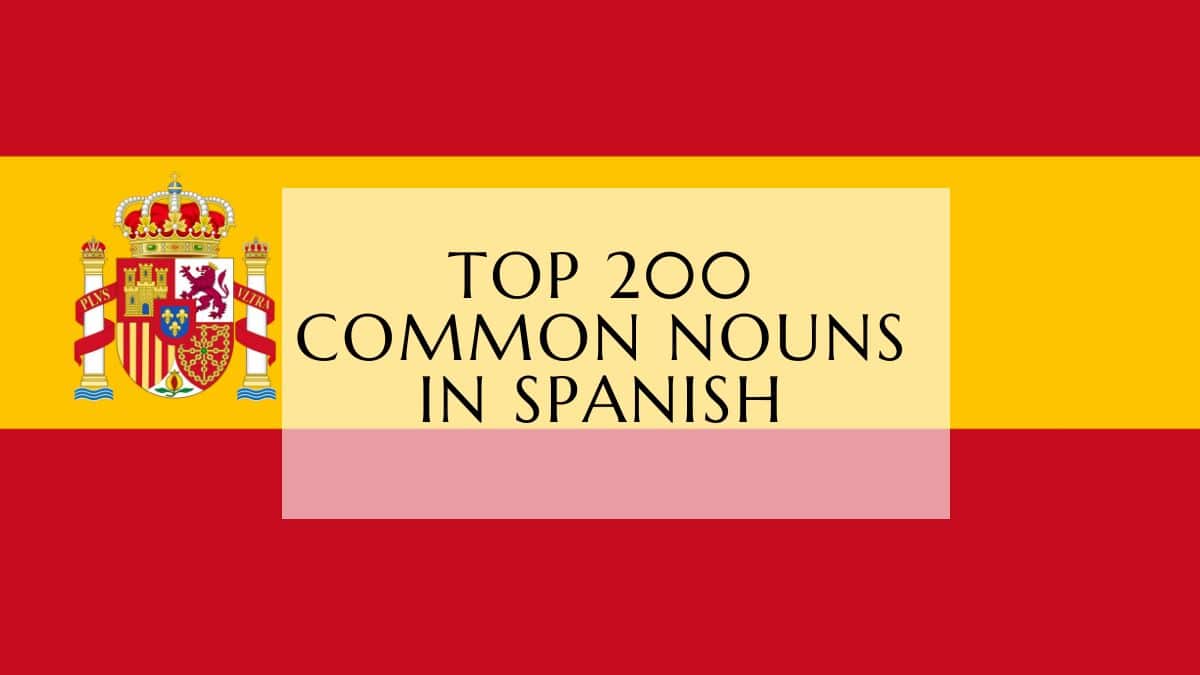Expressing your amor (love) in Spanish can be exciting and full of passion. This guide will show you how to say “I love you” in Spanish. You’ll learn phrases like te quiero and te amo, as well as romantic expressions for your pareja (partner). It doesn’t matter if you’re just starting out, in a serious relación (relationship), or deeply enamorado (in love). This article will give you the right Spanish cariño (affection) to share your deepest sentimientos (feelings).

Common Ways to Say “I Love You” in Spanish
The Spanish language has many ways to express love and affection. Te quiero and te amo are two common phrases for saying “I love you”. They have different meanings and are used in various situations.
Te Quiero vs Te Amo
Te quiero is a casual way to show you care, often for friends, family, or in casual relationships. It means “I want you” and shows love and concern. On the other hand, te amo is a deeper, more passionate way to say “I love you”. It’s usually for serious relationships.
Spanish Expressions with Te Amo
Using te amo in Spanish can express deep romantic feelings. Here are some examples:
- Te amo demasiado (I love you so much)
- Te amo más que nadie (I love you the most)
- Te amo más que a nada (I love you more than anything)
- Te amo hasta la luna y más allá (I love you to the moon and back)
- Te amo con todo mi corazón (I love you with all my heart)
Spanish Sayings with Te Quiero
Te amo is for deep romantic feelings, but te quiero is for many other relationships. Here are some ways to use te quiero:
- Te quiero como amigo (I love you as a friend)
- Te quiero tal cual y como eres (I like you just the way you are)
- Te quiero un huevo (I love you a ton)
These sayings show love, care, and appreciation for those close to us.
Expressing Love to a Romantic Partner
When you want to tell someone you care, Spanish has many beautiful phrases. From the simple “te amo” (I love you) to deeper words, these declaraciones de amor en español let you share your feelings deeply and truly.
Ways to Say “I Love You” to a Boyfriend, Girlfriend or Spouse
“te amo” is a common way to say “I love you” in Spanish, but there are more. Try “eres mi media naranja” (you’re my other half), “eres mi alma gemela” (you’re my soulmate), or “eres el amor de mi vida” (you’re the love of my life)” to show deep love. For something more casual, “eres mi todo” (you’re my everything) and “me has conquistado” (I’ve fallen for you) work well too.
- Te amo: I love you (strong, committed love)
- Eres mi media naranja: You’re my other half
- Eres mi alma gemela: You’re my soulmate
- Eres el amor de mi vida: You’re the love of my life
- Eres mi todo: You’re my everything
- Me has conquistado: I’ve fallen for you
These frases de amor para novio/novia are great for telling a boyfriend, girlfriend, or spouse how much you care. They show the real and deep feelings you have for them.
I love you in Spanish
In Spanish, “te quiero” and “te amo” both mean “I love you.” But they have different meanings and are used in various situations. Knowing the difference between these phrases helps Spanish speakers show their love in the right way.
“Te quiero” is a casual way to say “I love you.” It’s often used with family, close friends, or in the beginning of a romance. It shows you care and are fond of someone, but not as deeply as “te amo.”
“Te amo,” however, is a deeper way to say “I love you.” It’s for serious, long-term relationships, like with a spouse or life partner. This phrase means a strong, intense love.
Choosing between “te quiero” and “te amo” depends on how deep your feelings are and the relationship’s stage. “Te quiero” is good for casual or family settings. “Te amo” is for deep, devoted love.
| Phrase | Meaning | Context |
| “Te quiero” | I like you / I care for you | Casual, used among family and friends, early stages of a romantic relationship |
| “Te amo” | I love you (deeply) | Serious, committed romantic love, typically used in long-term relationships |
The choice between “te quiero” and “te amo” shows how deep your feelings are and fits with Spanish culture. By knowing these differences, Spanish speakers can show their love in a way that feels right to others.

Showing Platonic Love in Spanish
In Spanish-speaking cultures, love goes beyond just romantic relationships. People often show affection to family, friends, and others in special ways. These expressions of love show the strong bonds in Spanish-speaking communities.
To show amor a la familia (love for family), saying “te amo, mamá” (I love you, mom) or “te amo, papá” (I love you, dad) is common. Saying “los amo a todos” (I love you all) also shows love for friends and close groups.
The phrase “te quiero como amigo” (I love you as a friend) is a sweet way to say expresar amor platónico (platonic love) in Spanish. It shows deep friendship and affection without the romantic feelings of “te amo” (I love you).
Using the español (Spanish) language lets people build strong connections and feel a deep sense of belonging. Whether it’s about family, friends, or the special value of each person, Spanish has many ways to express platonic love.
Romantic Spanish Phrases for Specific Situations
When you’re just getting to know someone, use casual, playful ways to show affection in Spanish. Phrases like “me caes bien” (I like you), “me gustas” (I like you), and “te ves hermosa/hermoso esta noche” (you look beautiful/handsome tonight) are great. They help show your interest and set the stage for deeper feelings.
In a committed relationship, you can express more passionate love. Phrases such as “te amo” (I love you), “eres mi todo” (you’re my everything), and “mi corazón es tuyo” (my heart is yours) show deep love. These frases de amor para pareja can make your bond stronger.
When You’re Engaged
Being comprometido/a means showing deep love in Spanish. Phrases like “tienes todo mi corazón” (you have all my heart) and “mi corazón late por ti” (my heart beats for you) show your commitment. Saying “eres el amor de mi vida” (you’re the love of my life) is a big statement of devotion.
The biggest romantic phrase is “¿quieres casarte conmigo?” (Will you marry me?). It’s a powerful way to express your love and commitment.
Cultural Context of Expressing Love in Spanish
The Spanish language and cultura hispana are known for their deep love and passion. Phrases like “te amo” and “mi corazón” show how important love is in Spanish-speaking areas. Knowing this helps you use Spanish love phrases the right way.
Learning Spanish can be for many reasons, but mastering love phrases makes connections stronger. Spanish has many ways to say “I love you,” from “te quiero” to “te amo.” It’s important to know these differences for better communication.
Expressing love in Spanish is full of passion, tradition, and respect for emotions. By diving into this culture, you gain a deeper understanding of Spanish. This can lead to stronger bonds with the Hispanic community.
Oualid Cheddadi is the founder of Lingualid, a platform that inspires independent language learners worldwide, regardless of the language they are learning. The name “Lingualid” is derived from the Portuguese word for “language,” “língua,” and the last three letters of Oualid’s name, “Lid.”



